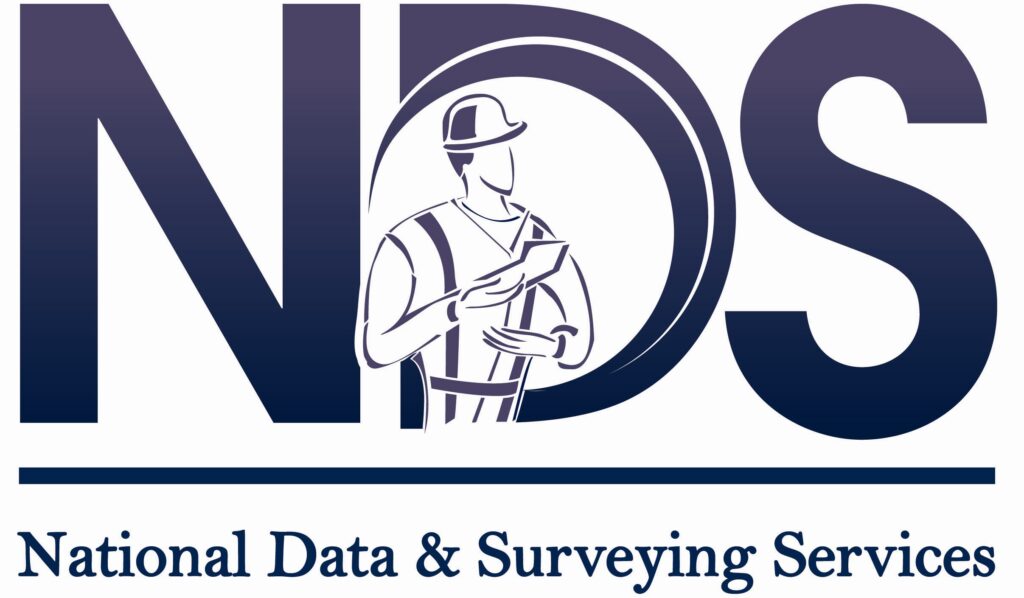Thank you for joining us at the 2024 TB&TM. This page will be updated for the 2025 MCDITE Annual Meeting soon!
Looking for information about the 2024 International Annual Meeting in Philadelphia?
Track 1: Standards in Practice – Conference Room, 2nd Floor
MUTCD Updates – FHWA Division Office
The MUTCD is the national standard for traffic control devices—the signs, signals, and markings that guide us every day in our travels throughout the U.S. A new edition of the MUTCD, containing more than 650 changes, was published December 18, 2023. This session will provide a high level overview of options for states to adopt MUTCD by the due date of two years after the official Final Rulemaking.
Serena Liu, PE, PTOE, is a Transportation Specialist at the Federal Highway Administration (FHWA)—Maryland Division with over 19 years of experience in the transportation/traffic field. At the FHWA Maryland Division, she leverages her expertise to provide stewardship and oversight for Federally-funded projects. She also serves as the division lead for several programs, such as the National Electric Vehicle Initiative. Due to her background in both the public (local municipality and state government) and private sectors, Serena provides support/assistance to FHWA partners on various traffic operations and safety areas.
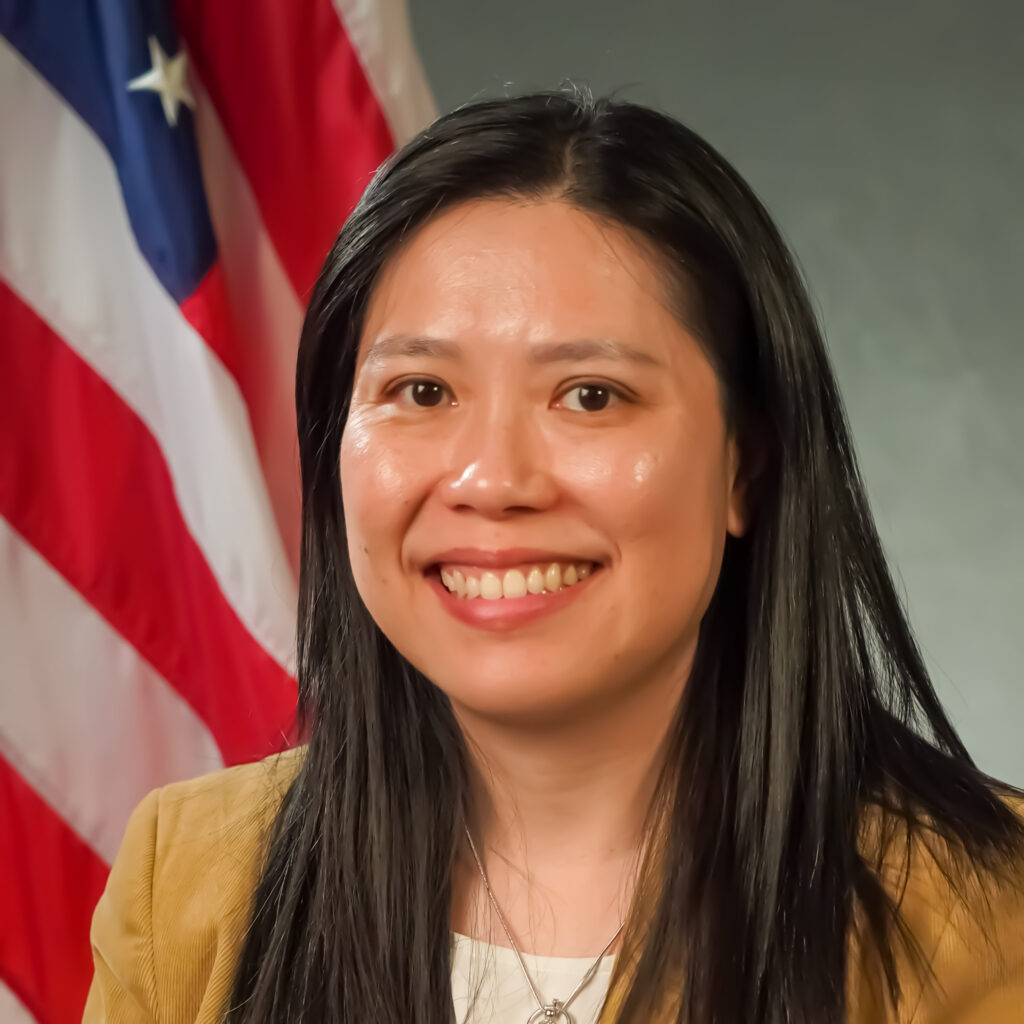
Accessible Floating Bus Stop Design: Key Takeaways from a Montgomery County Pilot Demonstration
This presentation will cover key takeaways from an accessible floating bus stop pilot in downtown Silver Spring, MD. The purpose of the pilot was to test novel strategies for improving the accessibility of floating bus stops to people with vision disabilities, including integration with a signalized intersection, accessible signage, audible messaging, tactile surfaces and edge treatments, and other strategies. The presenter will discuss why floating bus stops can be challenging for people with vision disabilities, the design of the Silver Spring pilot, the engagement process, key takeaways, areas where further research is needed, and the value of pilots for developing accessible designs.
Jameson Keeton is a project engineer with a broad range of experience in civil and structural engineering and design. He is Professional Engineer with a background in transportation design, bridge design, and construction inspection who has worked on projects that vary from large-scale bridge projects in the US and Canada to intersection design details. Jameson has a sharp eye for detail in both design and drafting and enjoys working as part of dynamic teams to solve complex problems. He is an enthusiastic advocate for active transportation and public transit, and he is dedicated to Toole Design’s mission of expanding multimodal transportation for all.
Pennsylvania Vulnerable Road User (VRU) Safety Assessment
The presentation will cover the federal Highway Safety Improvement Program (HSIP) Vulnerable Road user (VRU) requirement briefly. It will then cover Pennsylvania’s assessment method, the state’s VRU crash data findings, and the state’s current actions and future plans for VRU HSIP safety projects.
Jason Hershock is a graduate of Penn State University Harrisburg with a bachelor’s degree in structural design and construction engineering technology. Jason currently manages the Safety Engineering and Risk Management Unit in PennDOT’s Highway Safety & Traffic Operations Division (HSTOD). He manages Pennsylvania’s Highway Safety Improvement Program (HSIP), Low Cost Safety Improvement Program, safety research projects, highway safety training subcommittee, and the risk management and tort liability programs.

Horizontal Curves – Evaluations and Recommendations
As part of the Delaware Department of Transportation’s Strategic Highway Safety Plan to work toward eliminating fatal and serious injury crashes, the Department evaluates horizontal curves to ensure compliance with the DEMUTCD. We review curves based on both a systemic approach and concerns from the public. We complete field evaluations, data collection, data analysis, and implement curve warning sign recommendations throughout the entire state.
Jacob Kulhanek, is an Engineering/Planning/Surveying Technician IV in the Traffic Safety Engineering Section at the Delaware Department of Transportation managing the Horizontal Curve and School Zone Compliance Programs. Jacob has worked for DelDOT over the past 9 years. Jacob is currently working on advancing his career by becoming a Traffic Engineer. In his spare time, Jacob enjoys the great outdoors and volunteers with the Camden Wyoming Rotary Club and is an adult leader for a local Scout Troop.
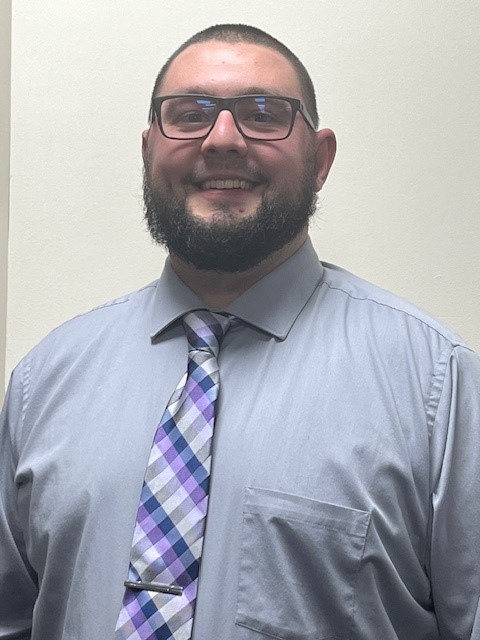
Track 2: Maryland Connected and Automated Vehicle Working Group – Hangar Room, 1st Floor
Maryland’s vision for connected and automated vehicles (CAVs) is to uphold and enhance a safe, efficient, and equitable transportation future. The state is embracing CAV innovation through continuing collaboration with partners. The CAV Working Group was established in 2015 as the central point of coordination for the development and deployment of emerging CAV technologies in Maryland.
Subgroups are an important avenue for stakeholders to openly discuss CAV efforts and elevate new ideas to help meet Maryland’s CAV vision. Members act as liaisons to their respective organizations. The CAV Working Group can also assign tasks to its Subgroups to facilitate action. Those engaging in Subgroups can include agency personnel from the different MDOT modes; the Maryland State Police; other state agencies; subject matter experts; and other public, private, or academic stakeholders.
Moderator: Michele Gross
Michele Gross is in the Office of Innovation and Policy (OPI) at the Maryland Department of Transportation Motor Vehicle Administration (MDOT MVA). Among other areas, OPI coordinates Maryland’s Connected and Automated Vehicle Working Group. Michele is also involved with MDOT MVA’s Commercial Driver’s Licensing Program.
Prior to joining MDOT MVA in 2019, Michele worked in Government Relations within the Maryland Department of Transportation at both the Maryland Transportation Authority and Maryland Port Administration.
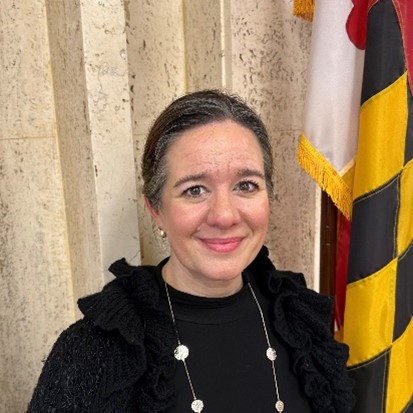
Panelist: Van “Kevin” Stitcher, CAV Emergency Responder Subgroup
Kevin Stitcher is an Administrative Officer with the Automotive Safety Enforcement Division (ASED) of the Maryland State Police, overseeing the Maryland Vehicle Safety Inspection Program. Kevin is responsible for the continued development of the Maryland Safety Inspection System (MSIS), an online vehicle inspection program, and assists with training ASED personnel in vehicle regulations. In his capacity with ASED, Kevin has assisted in the rewriting portions of the Code of Maryland Regulations (COMAR) and the Vehicle Inspection Handbook. He helped convert the vehicle inspection program from a paper system to online reporting. Kevin Co-Chairs the Maryland CAV Working Group’s Emergency Responder Subgroup, addressing concerns and training needs of emergency responders surrounding the testing and deployment of CAVs.
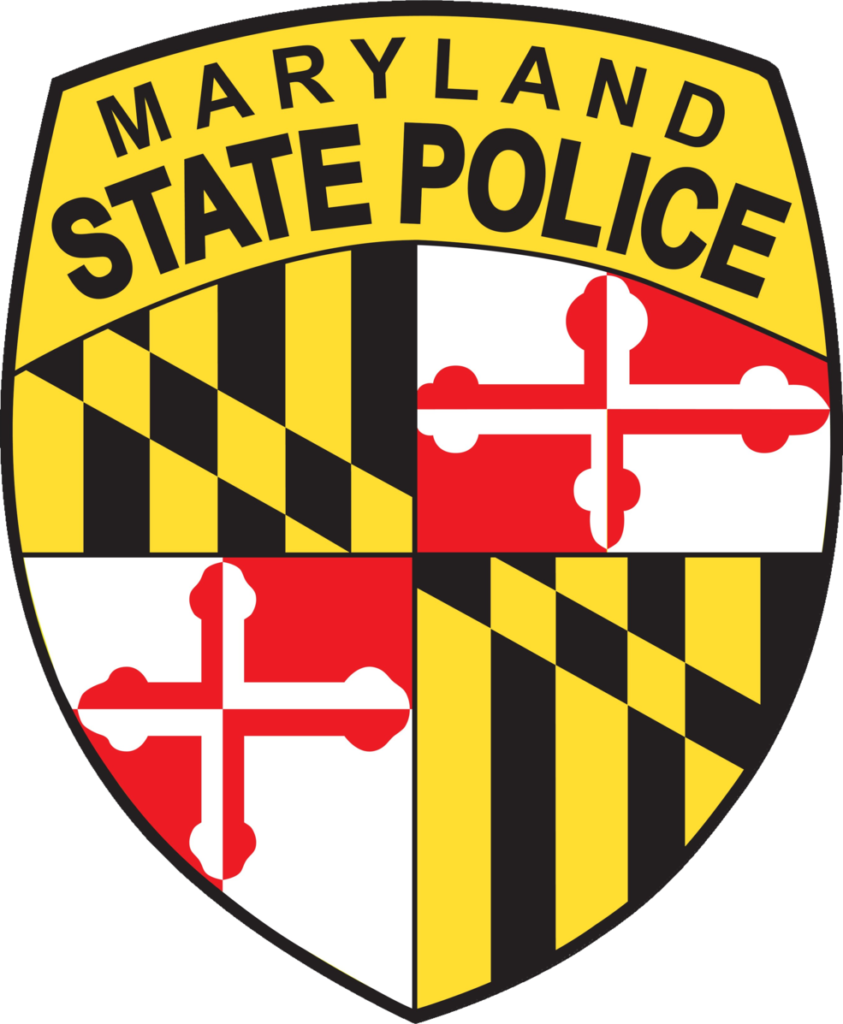
Panelist: Richard Bishop, CAV Freight Subgroup
Richard Bishop is the Principal of Bishop Consulting with over 30 years of experience in the intelligent, connected, and automated vehicles. He provides strategic consulting to automotive manufacturers, suppliers, and tech firms, as well as advising federal and state government agencies in the U.S. and abroad. Bishop Consulting publishes Automated Driving Industry Trends Reports covering automated driver assistance systems in passenger cars, fully automated robotaxis, and trucks. Prior to establishing Bishop Consulting in 1997, Richard was Program Manager for Vehicle-Highway Automation at FHWA.
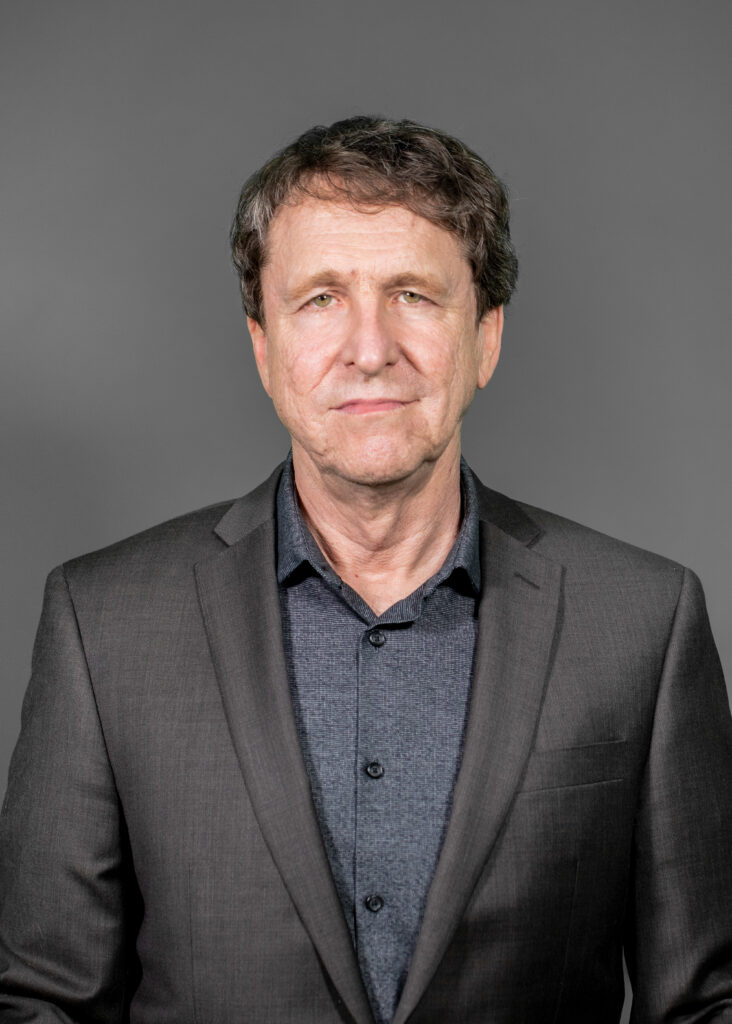
Panelist: Ed Pavelka, CAV Policy Subgroup
Ed Pavelka is experienced as a test pilot, program manager, and engineer, with experience leading Marines and civilians in government and industry workforces. Ed has a Master of Science in Flight Dynamics from Cranfield University and a Bachelor of Science in Mechanical Engineering from the United States Naval Academy. Ed works for the Johns Hopkins University Institute for Assured Autonomy, leading development and testing of electric and autonomous vehicles.
Ed has recently been chosen to lead the CAV Working Group’s Policy Sub-Group. In this role Ed helps shape policy efforts to facilitate safe and efficient incorporation of CAVs onto Maryland roadways.
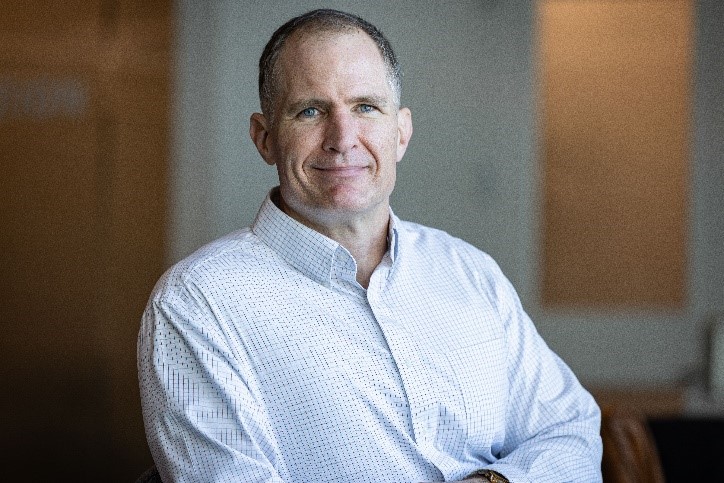
Panelist: Warren Henry, CAV Technical Subgroup
Warren Henry is the Assistant Division Chief for Mobility Planning and Engineering at the Maryland State Highway Administration’s (SHA) Office of Transportation Mobility & Operations (OTMO). He is the coordinator for the Maryland CAV Working Group’s Technical Subgroup, focusing on CAV technology deployments to promote safety and mobility. Warren holds a Bachelor of Science in Civil Engineering from Howard University and has over 18 years of transportation engineering experience. Prior to joining SHA, he worked in private consulting firm on traffic engineering and Intelligent Transportation Systems projects. His state experience includes support to SHA’s Coordinated Highway Action Response Team as the Planning & Development Section Chief for the Programming, Planning and Development Division on statewide TSMO/ITS Deployment, Regional ITS Architecture, Systems Engineering , and ITS coordination projects with agency stakeholders.

Morning Break
Track 3: Transportation & Technology – Conference Room, 2nd Floor
Artificial Intelligence-based Integrated Transportation Management System (AI-ITMS) and Beyond
Between 2019 to 2023, DelDOT deployed the AI-based Transportation Operations and Management System (AI-TOMS) to enhance the DelDOT Transportation Management Center (TMC)’s ability to monitor the transportation system. This advancement aids in predicting traffic flows, identifying anomalies and inefficiencies, and generating, evaluating, and executing response strategies for current and forecasted traffic congestion.
Recent enhancements include increasing data collection to 63 intersections and leveraging this data for advanced analytics, signal timing transition detection, and real-time traffic operations. Additionally, DelDOT has equipped four Bosch machine vision cameras for turning movement counts over 24 hours, aiming to utilize machine vision for signal actuation and queue detection.
The program has recently been awarded two additional federal grants: a $2 million SMART Grants Program for deploying cloud-based vehicle-to-everything technology (CbV2X) and optimizing signal timing along statewide roadways, and a $5 million ATTAIN program grant to enhance safety during flood events.
Ziyi Ma, EIT, is a Senior Transportation Engineer/Project Manager at BlueHalo, focusing implementing Advanced Traffic Management System (ATMS) for Delaware Department of Transportation. He earned his Master of Science degree in Transportation Planning and Engineering and a Bachelor of Science degree in Civil Engineering from New York University. Before joining BlueHalo, Mr. Ma interned at Mitsubishi Electric Research Laboratories, focusing on developing methods for learning and optimizing Advanced Driver Assistance Systems (ADAS) through data sharing between connected vehicles and infrastructure. He has also contributed to various transportation projects, traffic impact studies, and ITS engineering projects during his internships at Philip Habib and Associates, Jacobs, and AKRF. Chief for the Programming, Planning and Development Division on statewide TSMO/ITS Deployment, Regional ITS Architecture, Systems Engineering , and ITS coordination projects with agency stakeholders.

Assuring Future of Autonomous Transportation
The Johns Hopkins University Institute for Assured Autonomy (IAA) has 3 pillars: Technology, Ethics & Governance, and Ecosystem. The presentation will include a summary of IAA’s research vehicles and touch on a few research topics: data sharing architecture for sensors, human-machine interface and developing a shared mental model between the autonomy and its operators and passengers, and the need to fully understand the design and operations of vehicles. Ethics and governance discussion will focus on accessibility, workforce development, and training. Ecosystem discussion will highlight partners and ongoing efforts, which will lead into discussion of the JHU S4 Lab (Safe, Secure, Smart, Scalable Communications Infrastructure for V2X Networks), focusing on the V2X landscape along with data, security, and network research topics.
Ed Pavelka is experienced as a test pilot, program manager, and engineer, with experience leading Marines and civilians in government and industry workforces. Ed has a Master of Science in Flight Dynamics from Cranfield University and a Bachelor of Science in Mechanical Engineering from the United States Naval Academy. Ed works for the Johns Hopkins University Institute for Assured Autonomy, leading development and testing of electric and autonomous vehicles.
Ed has recently been chosen to lead the CAV Working Group’s Policy Sub-Group. In this role Ed helps shape policy efforts to facilitate safe and efficient incorporation of CAVs onto Maryland roadways.

Using AI to Improve Transit Safety, Accessibility, and On-Time Performance
Illegal parking in bus stop zones is a widespread problem that creates serious dangers for passengers boarding and exiting a bus, especially for people with disabilities and senior citizens. A blocked bus stop can mean the difference between a rider reaching their destination on time or late – or in some cases, not reaching it at all. In addition, we know that dedicated bus lanes significantly improve travel times and reliability for transit riders — but only if these lanes are free of illegally parked vehicles.
Some cities, states, and transit agencies are taking action by installing new AI-powered technology on buses to accurately identify parking and moving violators and automate the delivery of evidence to local law enforcement for violation processing. This session will highlight SEPTA’s experience in piloting AI-powered camera systems on its buses and upcoming implementation plans to use this technology to improve transit speeds, reliability, safety and accessibility.
Matthew Zapson, AICP, is a Planning Project Manager of Transit Priority at the Southeastern Pennsylvania Transportation Authority (SEPTA). In his five years at SEPTA, Matt has worked closely with internal stakeholders and community partners to advance projects and policies that make surface transit faster, more reliable, safer, and more accessible for the region’s riders and operators. In 2023, Matt oversaw a proof-of-concept pilot equipping SEPTA buses with artificial-intelligence-powered camera systems that could detect parking violations in bus lanes and bus stops. Prior to joining SEPTA, Matt worked at the urban planning and design firm Group Melvin Design. Matt holds a Master of City Planning degree from the University of Pennsylvania, a BA in Architectural Studies from Boston University, and is a certified city planner with the American Institute of Certified Planners.
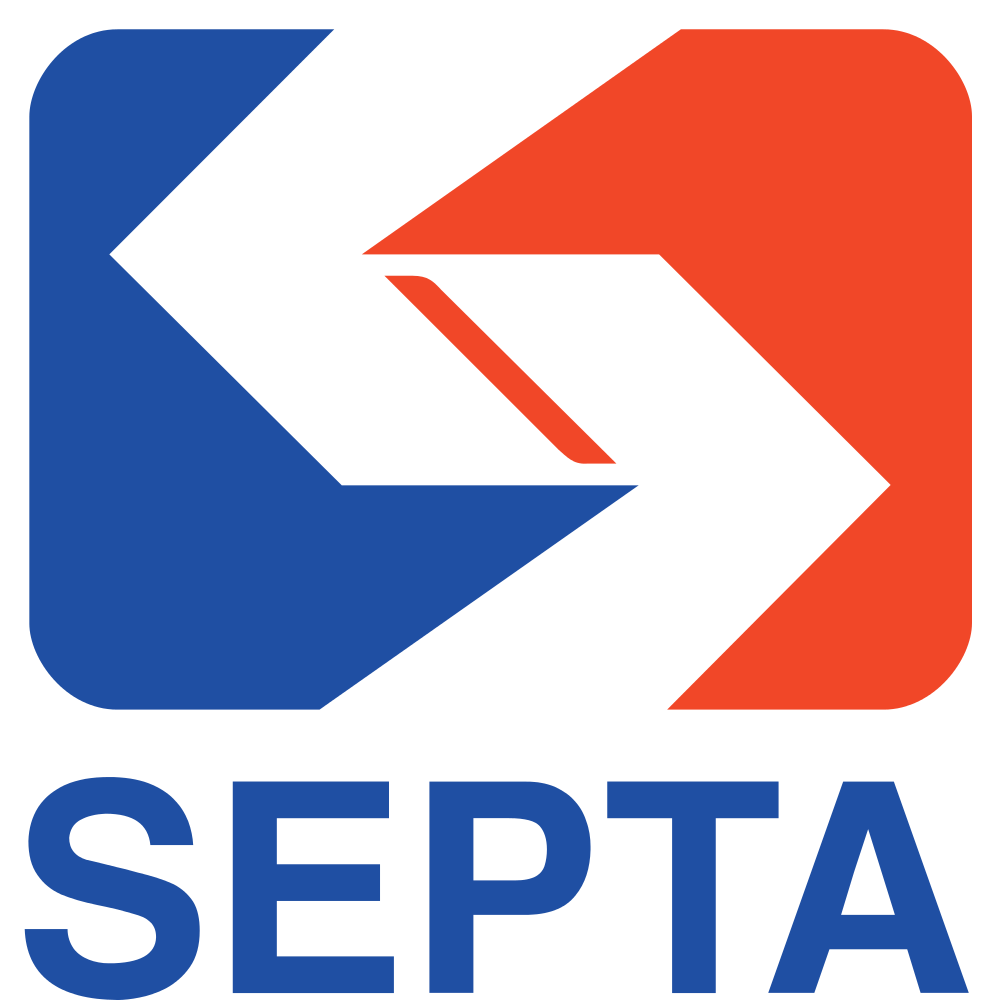
Track 4: Active Transportation – Hangar Room, 1st Floor
Starting from a Low on the Enola Low-Grade Trail
The Enola Low Grade Trail is a recreational trail that stretches across southern Lancaster County, Pennsylvania. The trail spans eight municipalities on land owned/managed by seven local governments.
The presentation will focus on how local partnerships, built on a mutual goal of looking to the future together rather than the past, can overcome perceived insurmountable barriers. This is a success story that engineers, planners, advocates, local government officials, and state government officials can all learn from. It may not be a trail crossing the next time, but there are always oppositional emotions and doubts, regardless of the project type, when working with public infrastructure.
Scott Seibel, PE has six years of experience at Michael Baker International in Harrisburg, PA, and has contributed to a diverse range of traffic engineering safety studies and design projects across Pennsylvania. He is passionate about enhancing safety measures and implementing new technology and solutions to create safer and better-connected communities. Scott holds a B.S. in Civil Engineering from Penn State University (2018) and currently serves as the ITE Penn State Student Chapter Liaison.

Loudoun County Sidewalk and Trails Program Equity Analysis
Loudoun County (VA), with consultant support, developed an innovative framework and approach to perform equity analysis when planning and prioritizing future sidewalk and trail projects. To incorporate equity considerations into the prioritized list, an innovative equity lens framework was developed using available public health indexes and the average percent of sidewalk and trail network completed within a census tract. This framework establishes a set of objective standards, analyzes missing sidewalk and trail links in the County against those standards, and implements an outcome-based corrective action plan to modify the program’s priority list of segments, which in turn adjusts future project priorities. The outcome-based corrective action plan allows for variable equity weighting as part of a multi-criteria prioritization effort. These items support grant funding applications, and the identified sidewalk and trail projects are proposed for inclusion in the CIP in ascending priority order.
Laura Ghosh serves on the Traffic Engineering team at Loudoun County’s Department of Transportation and Capital Infrastructure, focusing on multimodal safety, accessibility and mobility. She has developed pilot programs and countywide assessments. Laura’s 12 years of transportation engineering experience range from traffic engineering consulting to risk management and congestion modelling research, to transportation engineering project management. Her diverse work experience has honed efficient analytical skills and an aptitude for exercising sound judgement in the development of practical engineering solutions. Her education includes a Bachelor of Engineering from Carleton University in Ottawa, Canada and an MS in Civil Engineering from the University of Illinois.
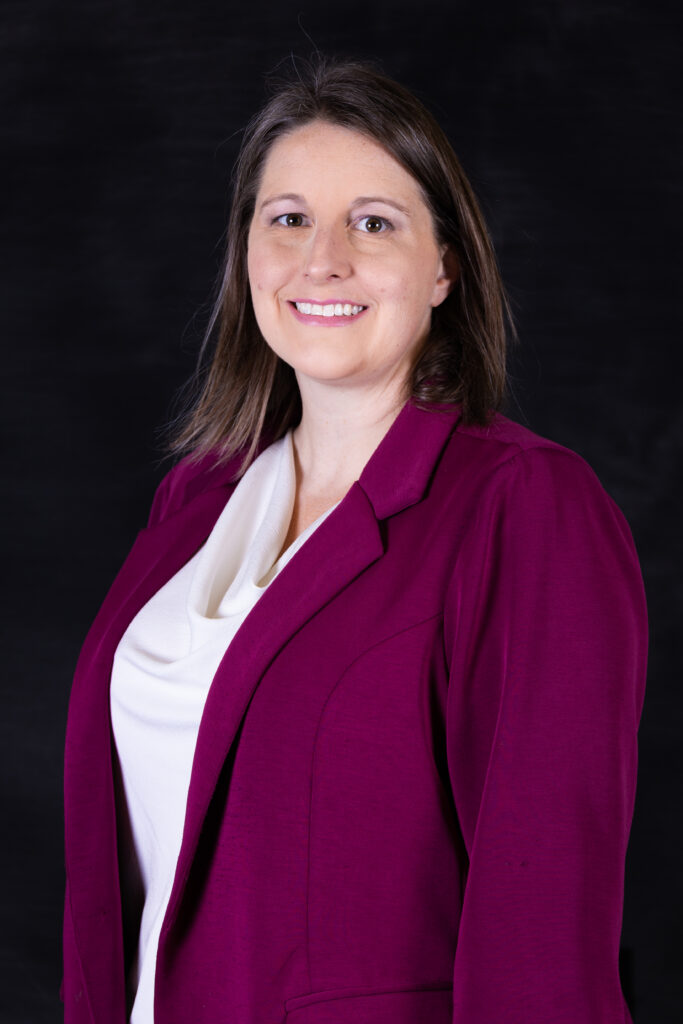
Vision Zero: Salisbury’s Multimodal Mindset
From the basics of Vision Zero to the implementation of countermeasures in real time, this presentation outlines the City of Salisbury’s success in reducing traffic fatalities and severe injuries from 2018 to present. Data-driven planning and targeted corridor application are key factors in the success of Salisbury’s Vision Zero program, both in multimodal design and public perception.
Amanda Rodriquez is the City Planner for the City of Salisbury, MD. With a commitment to creating equitable, livable communities, Amanda specializes in securing and utilizing grant funding to plan, design and implement innovative solutions that cater to the diverse needs of complex communities while promoting environmental and fiscal sustainability.



